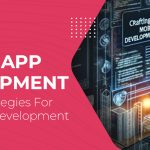In today’s digitally-driven world, mobile app development frameworks have emerged as a great way to streamline your app development process. These frameworks simplify the development of apps, saving both time and resources. However, with the ever-growing demand for mobile apps and businesses embracing modern approaches, the amount of mobile app development frameworks that exist has skyrocketed.
In this blog, we will take a look at some of the top mobile app development frameworks that you should consider using for your next mobile application:
1. Flutter:

Backed by technology titan Google, Flutter has emerged as a transformative force in cross-platform application development. It is one of the most popular framework amongst developers as according to a survey in 2023, at least 46% of developers were using Flutter for their app development needs. With its unparalleled performance and extensive catalog of prefabricated widgets, Flutter is pioneering new standards in application development.
One of Flutter’s key advantage is its capacity to streamline cross-platform development, empowering developers to develop apps that operate seamlessly on both iOS and Android devices. This dramatically reduces development time and resources while ensuring consistency in user experience across platforms.
Another salient feature of Flutter is its abundant library of pre-built widgets spanning a vast range of functionalities, from rudimentary UI elements like buttons to elaborate animations and gesture recognition. This comprehensive toolkit enables developers to craft polished, full-featured apps with minimal exertion.
Flutter also boasts a vibrant and rapidly expanding community of developers who enrich its ecosystem by contributing helpful code snippets, tutorials, and plugins. This collaborative climate spurs innovation and ensures that app developers have access to state-of-the-art tools and resources for constructing avant-garde applications.
In summary, Flutter application development is revolutionizing cross-platform development through its remarkable performance, a rich set of pre-fabricated widgets, and a flourishing community of developers. Companies preferring Flutter application development services can generate high-caliber apps delivering seamless user experiences across multiple platforms, establishing it as an elite option for mobile application development now and for years to come.
2. React Native:
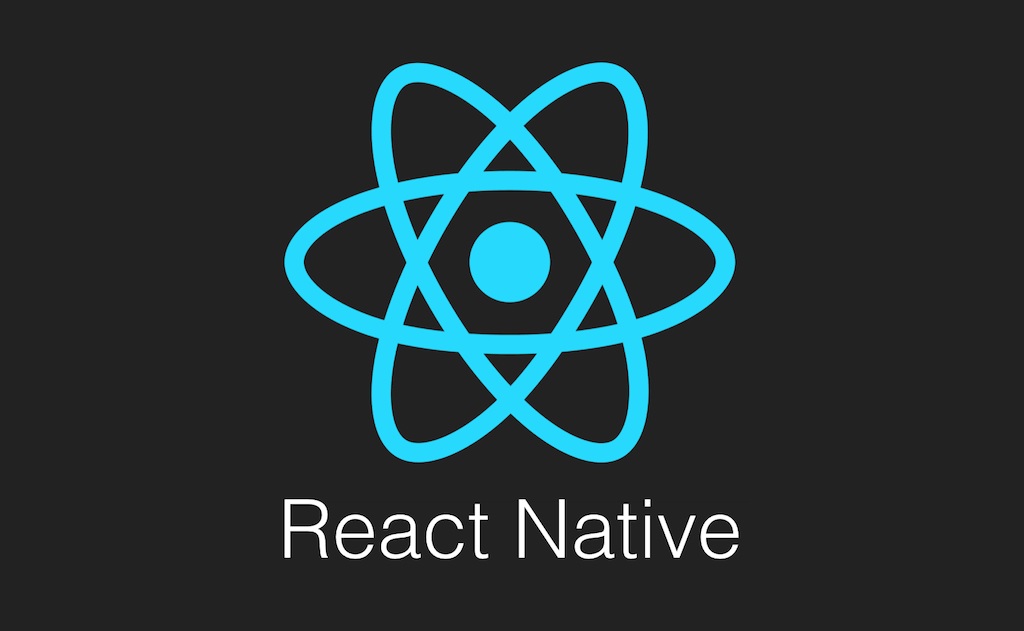
React Native, developed by Facebook, has established itself as a trusted framework for mobile application development. By leveraging JavaScript, a programming language revered for its versatility, React Native offers developers a streamlined approach to building mobile applications across different mobile platforms.
React Native is supported by an extensive open-source community of developers worldwide who contribute libraries, tools, and resources to the ecosystem. This collaborative environment ensures developers have access to solutions and best practices to optimize workflows and overcome challenges.
Renowned for its smooth performance, React Native enables developers to build responsive applications with native-like experiences, providing users with fast and fluid interfaces regardless of platform. By optimizing native components, React Native app development delivers consistency across different platforms.
With its leverage of JavaScript, focus on performance, and a vibrant community support, React Native has proven itself as a trusted framework for mobile app development, enabling developers to craft high-quality, cross-platform applications on any device.
3. Kotlin Multiplatform:
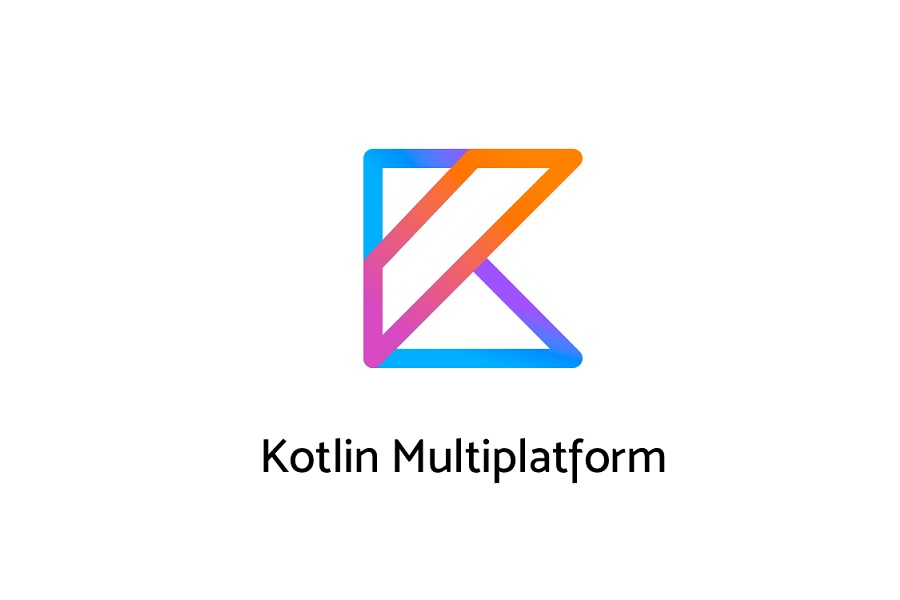
Kotlin Multiplatform Mobile (KMM), now officially referred to as Kotlin Multiplatform (KMP) is created by JetBrains and has emerged as a revolutionary framework for multi-platform application development. By enabling substantial code reuse across platforms, KMP significantly reduces the time and resources required to build mobile applications.
At its core, Kotlin Multiplatform utilizes Kotlin, a modern programming language. Kotlin empowers developers to write unified code that runs smoothly across platforms like Android and iOS.
Kotlin Multiplatform provides a unified development environment for efficient collaboration and consistency across platforms. Teams can streamline workflows, share code, and maintain uniformity throughout the development lifecycle.
KMP continues to evolve through a commitment to innovation and excellence. Kotlin Multiplatform represents a leap forward in simplifying multi-platform development, empowering developers to efficiently build high-quality mobile applications.
4. Xamarin:
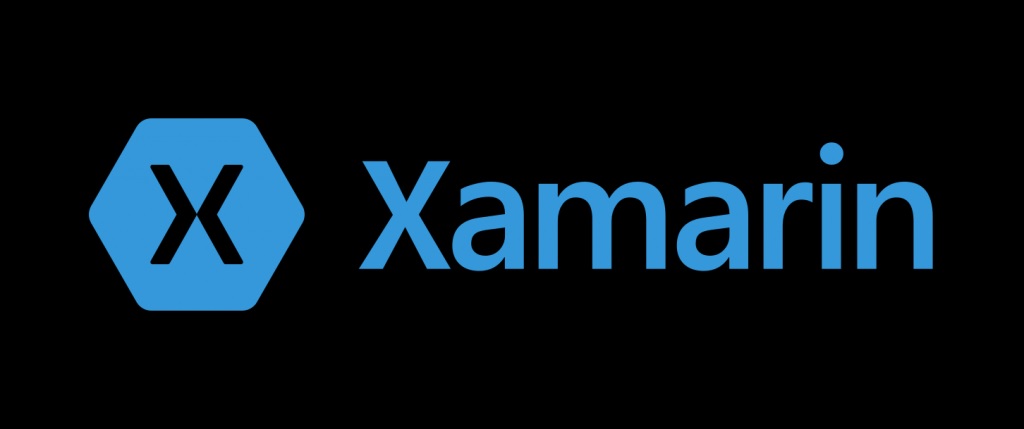
Xamarin is a robust cross-platform solution supported by Microsoft that enables developers to use C# skills to build native applications for major platforms. With Xamarin, developers can utilize their existing C# expertise to craft native iOS, Android, and Windows apps, streamlining development while delivering platform-specific performance.
Xamarin enables substantial code reuse across platforms, allowing developers to write common code once and deploy across multiple operating systems, boosting efficiency and consistency. It’s robust support for native user interfaces ensures Xamarin applications provide immersive, tailored experiences across platforms by leveraging APIs and UI components specific to each OS.
With Microsoft’s backing, Xamarin delivers a versatile cross-platform solution, empowering developers to tap into C#, Visual Studio, and .NET to build high-performing, consistent mobile applications.
5. Swift:
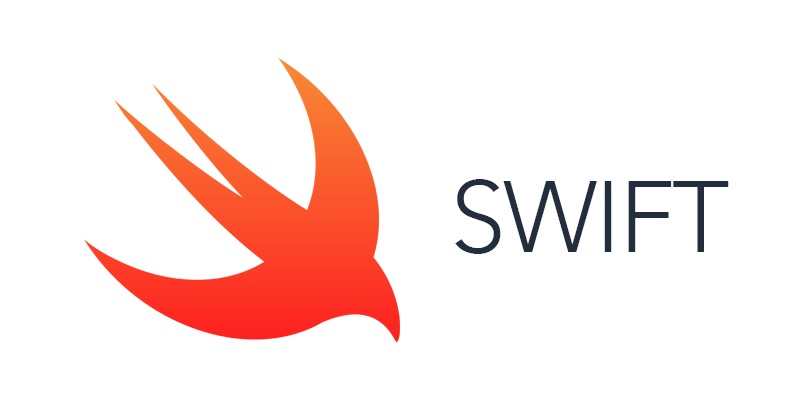
Swift has emerged as Apple’s preferred language for iOS development, providing deep integration with Apple’s ecosystem to fully harness the capabilities of iOS devices. Swift’s seamless integration with the iOS ecosystem allows developers to tap into the full potential of Apple devices and deliver phenomenal user experiences. With clean syntax and modern features, Swift simplifies iOS development.
Swift prioritizes performance and safety, resulting in smooth, secure iOS applications. By optimizing apps for speed, efficiency, and reliability, developers enhance user satisfaction through Swift’s capabilities. Swift also allows simple integration with existing Objective-C code and libraries, enabling developers to leverage their legacy code when building new applications.
As a powerful, versatile language for iOS development, Swift provides the optimal blend of performance, safety, and innovation to fully leverage the Apple ecosystem and craft phenomenal iOS user experiences.
6. Java:

Java remains a cornerstone of Android app development, offering unmatched resources and community support for building feature-rich Android applications. Leveraging Java’s vast ecosystem of tools and libraries streamlines Android app development and enables limitless innovation. Developers can access proven frameworks to simplify the development process.
Java allows developers to write code once and seamlessly deploy across multiple Android devices, ensuring consistent performance and user experience across various versions of Android. This maximizes reach across the Android ecosystem.
Java’s object-oriented nature, in addition to its intuitive syntax, makes it ideal for building scalable and maintainable Android apps. App developers can easily organize and share code while collaborating efficiently.
Extensive documentation and resources make Java highly accessible to developers at all skill levels. An active community of Java developers offers guidance, collaboration, and support for tackling any Android development challenge.
With its mature ecosystem, strong performance, and ubiquitous usage, Java remains indispensable for Android development, empowering the creation of innovative and impactful apps that engage Android users worldwide.
7. RubyMotion:

RubyMotion has emerged as an optimal choice for streamlined iOS and Android development by leveraging Ruby, a language known for its productivity and simplicity.
RubyMotion allows developers to embrace unparalleled efficiency and effectiveness when building mobile applications for both major platforms. Ruby’s inherent simplicity enhances development workflows, enabling a focus on innovation and exceptional user experiences.
RubyMotion streamlines mobile development by blending simplicity, cross-platform capabilities, and native integration. RubyMotion allows developers to build transformative mobile app experiences that captivate users.
8. NativeScript:
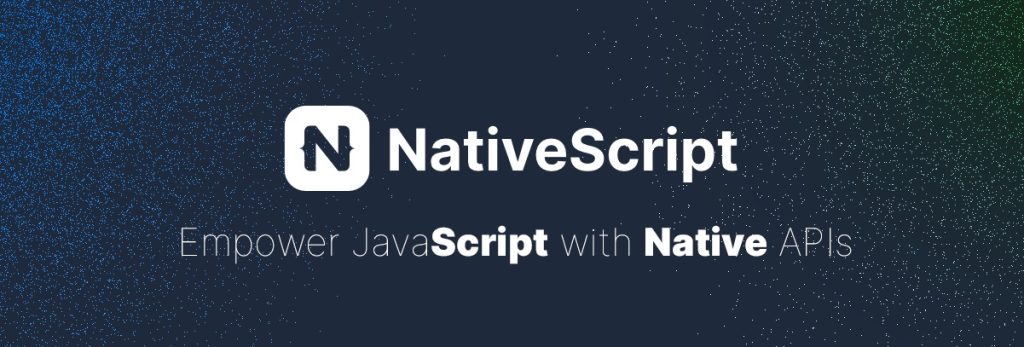
NativeScript excels at delivering fully native app experiences by leveraging Angular, Vue.js, or TypeScript. NativeScript enables developers to build high-performance native apps with seamless integration across iOS and Android.
One of the key advantages of NativeScript is its flexibility in choosing the development framework which allows teams to use their existing skills. Whether it’s Angular’s structure, Vue.js simplicity, or TypeScript’s static typing, NativeScript accommodates diverse preferences.
Direct access to native APIs by NativeScript allows full utilization of platform capabilities like camera access, geolocation, and push notifications to create feature-rich, immersive apps.
NativeScript compiles code at runtime to native APIs for high performance. Apps built using NativeScript exhibit the same responsiveness and fluidity as native counterparts, with no bridges or performance penalties.
With a robust framework support, direct native API access, and an emphasis on efficiency, NativeScript empowers developers to build innovative native apps that excel across iOS and Android. It offers the tools and capabilities needed to succeed in today’s competitive digital landscape.
9. Ionic:

Ionic has carved a niche by enabling developers to build Progressive Web Apps (PWAs) using familiar web technologies like HTML, CSS, and JavaScript. Ionic empowers developers to build cutting-edge applications that deliver a seamless user experience across various platforms and devices.
A key feature is seamless cross-platform compatibility. Using web standards, Ionic PWAs run on any device with a browser, from desktop to mobile. This approach eliminates the need for platform-specific development, streamlining the development process and reducing time-to-market.
Ionic offers extensive tools and components that accelerate PWA development. From UI elements to built-in features like navigation and gestures, Ionic streamlines full-featured PWA creation. This not only accelerates the development process but also ensures consistency and quality across different projects.
A focus on performance optimization ensures Ionic PWAs deliver responsive experiences across devices and connections. This is essential for engaging users and keeping them coming back to the app.
Extensive Ionic documentation and community resources make it easy for developers of all skill levels to get started and be successful.
Ionic is transformative in progressive web development, empowering exceptional cross-platform Progressive Web Apps. With its focus on compatibility, accelerated development, and performance, Ionic shapes the future of web experiences, enabling companies to bring ambitious visions to life.
Conclusion
As the mobile app development landscape continues to evolve, staying abreast of the latest frameworks and technologies is crucial for developers and businesses alike. By leveraging the right mobile app development framework, businesses can streamline app development processes, enhance customer engagement, and drive growth in today’s competitive market.
FAQs for Mobile App Development Frameworks
1. Which mobile app development framework should I learn in 2025?
Most of the above-mentioned mobile applications frameworks (React Native, Flutter, Xamarin, Ionic) are essential for any mobile app developer to learn. However, if you had to pick one then Flutter or React Native are good choices as they are globally used by most software developers.
2. Which is the most used app development framework?
In the software industry, Flutter is among the most popular mobile app frameworks with 46% of developers using the framework, React Native is a close second with 35% usage.
3. Which mobile app development frameworks can be used for cross-platform app development?
React Native, Ionic, Xamarin, NativeScript, and Flutter are some of the best mobile app development frameworks for cross-platform app development.
4. Which frameworks are the best for native app development?
Native Script is an accessible framework that uses Angular, Typescript, JavaScript, and CSS to develop native mobile applications. React Native is the finest JavaScript framework for creating native apps for any platform and operating system. Xamarin is among the most used mobile app development frameworks.
5. What is a hybrid mobile app framework?
A hybrid mobile framework combines the advantages of both native app and a web app. The mobile apps created using a hybrid mobile app framework will work on both Android and iOS devices without having to write separate codes for both platforms.







